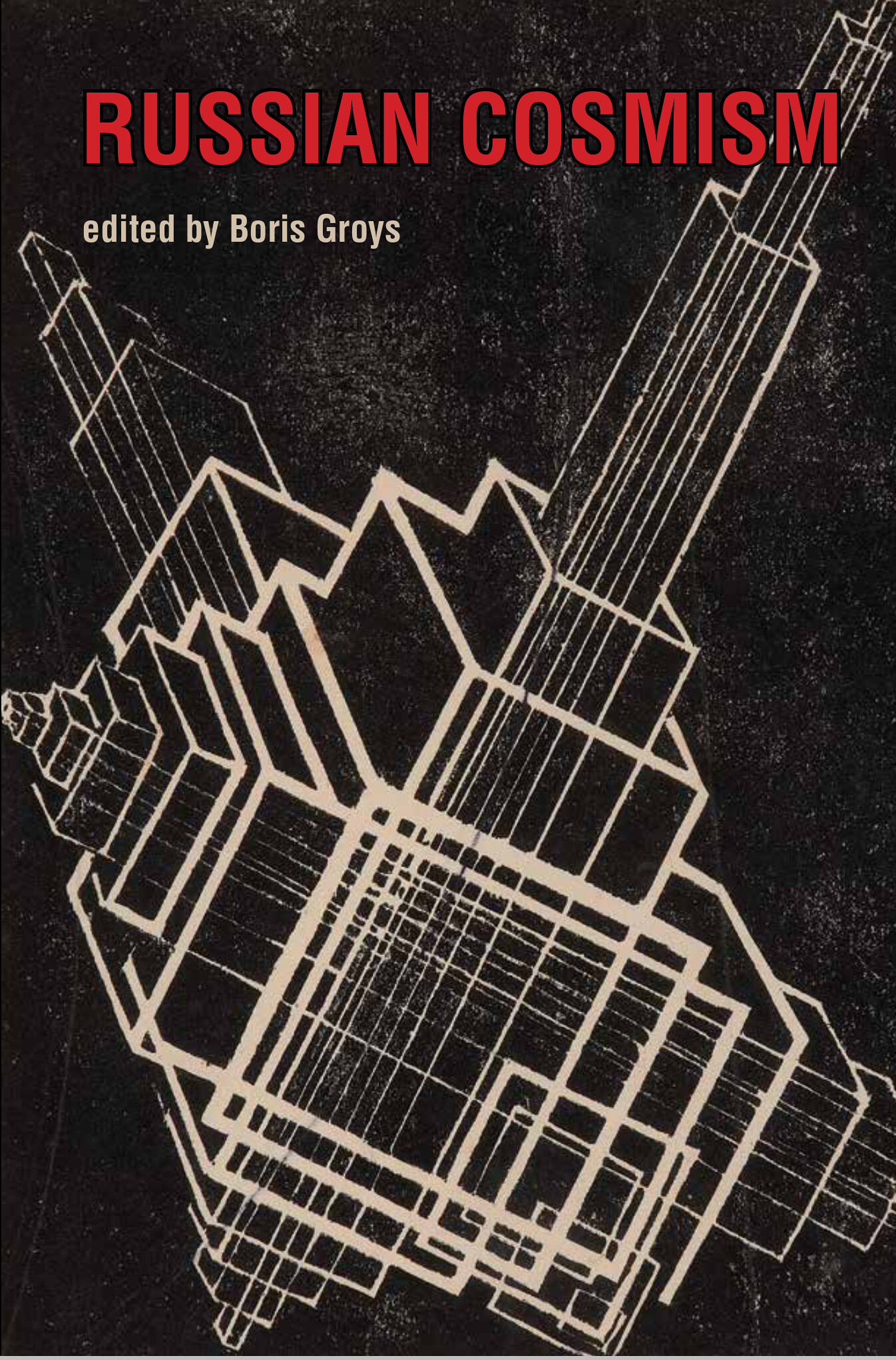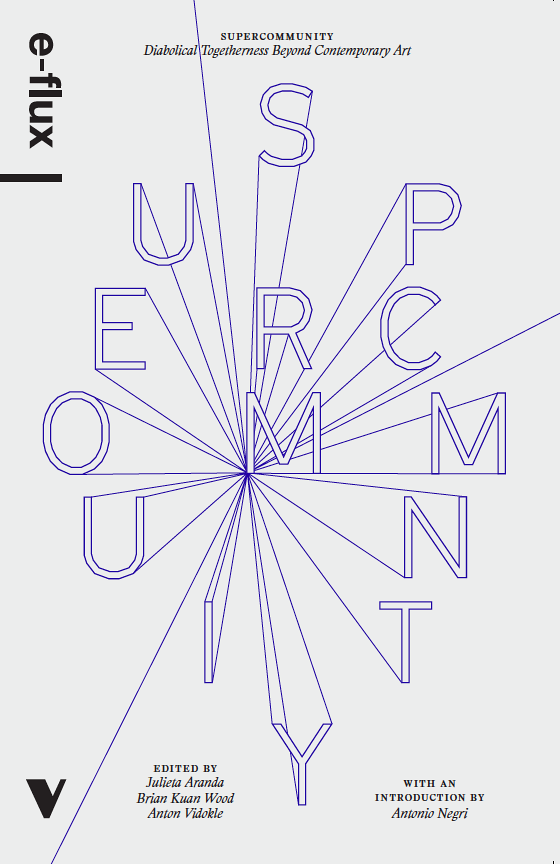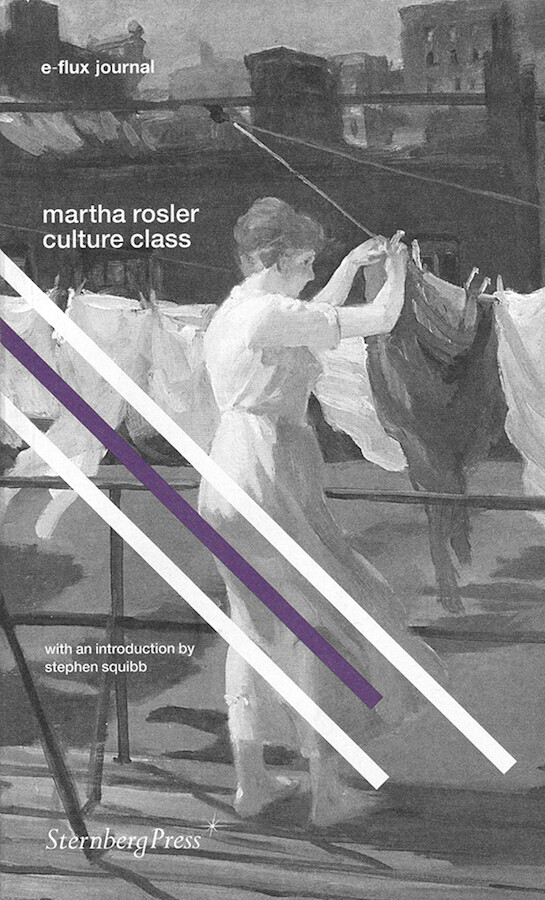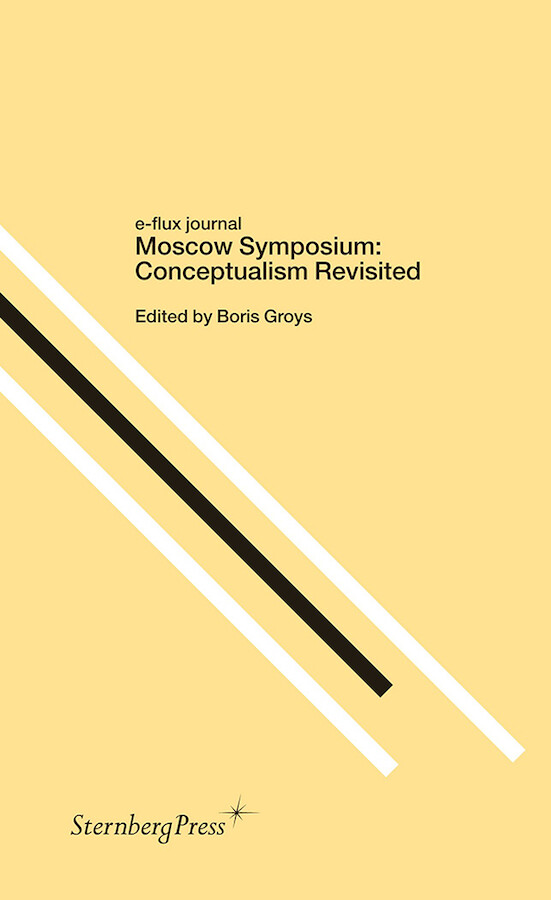$30
September 2020
Paperback, 304 pages, 15 b&w illustrations, 5 1/2 x 8 1/2 inches
ISBN 978-1-5179-0955-0
Printed and distributed by
The University of Minnesota Press
Foreword by
Boris Groys
By means of the philosophical and politico-economical consideration of Soviet socialism of the 1960s and 1970s, this book manages to reveal the hidden desire for capitalism in contemporaneous anticapitalist discourse and theory. The research is marked by a broad cross-disciplinary approach based on political economy, philosophy, art theory, and cultural theory.
Practicing the Good: Desire and Boredom in Soviet Socialism, a philosophical consideration of Soviet socialism, is not meant simply to revisit the communist past. It unravels the epistemes generated by socialist society and its political economy to witness to what extent certain zones where capitalism’s domination is resisted—the zones of anti-capitalist critique in continental thought since the 1960s, institutions of civil society, and present theoretical provisions of emancipation—are in fact permeated by an unconscious form of capitalism and thus unwittingly affirm the capitalist condition.
“In her book, Keti Chukhrov shows that the Western Left’s rejection of the Soviet model of historical socialism is an effect of the cult of desire that makes leftist critics of capitalism vulnerable to seduction by western consumerism. It is the old truth that the Good is not as aesthetically appealing as the Evil. Practicing the Good is highly original, very persuasive, and must be read by everyone who is interested in the history of socialism and the contemporary critique of capitalism.”
—Boris Groys
“Keti Chukhrov is undoubtedly one of the most important feminist theoretical voices to emerge in post-Soviet Russia. Her scrupulous and innovative mapping of the socialist non-libidinal economy, through her readings of Vygotsky in particular, conjures an unprecedented relationship to loss that opens a yet unexplored way between mourning and melancholia.”
—Catherine Malabou
“Do we really want the abolishment of private property? Of economy driven by surplus value and profit? The overthrow of capitalism? Do we desire it? Keti Chukhrov, in this most remarkable book, argues that even the seemingly most radical critics of capitalism and all its ramifications unconsciously collude with what they criticize, at times through the very notion of the unconscious. In her highly original account, the experience of historic socialisms implies lessons that run counter to the bulk of critiques of capitalism and Soviet socialism alike. An invaluable read.”
—Mladen Dolar


























